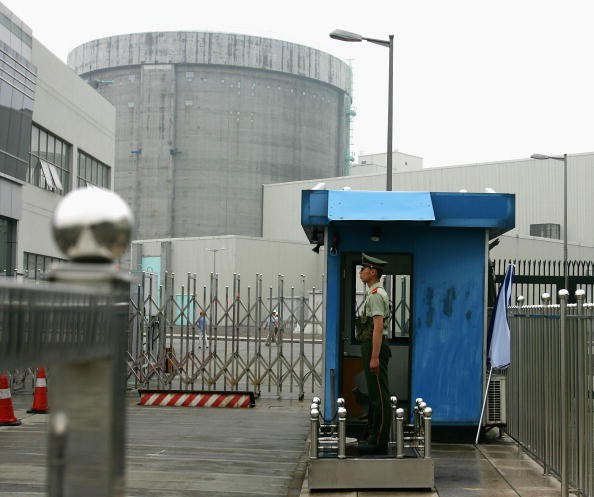A new nuclear security law has been added to China’s legislation plan, a move which industry observers see as Beijing’s tightening grip on the booming nuclear energy sector.
"By coming up with a nuclear security law, public concern over nuclear security will be addressed and China's commitment to the international community will be fulfilled," Yuan Si, deputy head of the Environmental Protection and Resources Conservation Committee of China's National People's Congress (NPC), said at a press conference during the third session of the 12th NPC on Thursday.
Yuan's remarks come after comments made by Nur Bekri, head of the National Energy Administration and deputy head of the National Development and Reform Commission, on Sunday stating that there is "no clear timetable" for the construction of inland nuclear power plants in the country.
"We are still carrying out extensive research and soliciting public feedback," Nur said.
China's lack of a national security law is incompatible with its status as a nuclear state, as the legislation would not only regulate the use of nuclear technologies but also safeguard national security, He Zuoxiu, a theoretical physicist at the Chinese Academy of Sciences, told the Global Times.
"The new regulation may include rules to cope with terrorist activities against nuclear facilities, or to set up non-nuclear zones, where certain areas will be nuclear-free," He said.
"As China promotes low carbon energy to reduce pollution-forming coal-fired generators, the nuclear security legislation is timely and can specify the requirements for building and running nuclear power plants," said Zhou Dadi, vice director of the China Energy Research Society.
China currently operates 30 nuclear power-generating facilities with a total capacity of 28.31 gW. Twenty-four more facilities with a total capacity of 26.72 gW are under construction, making the country the first to achieve such numbers, Xu Dazhe, director of the China Atomic Energy Authority, said at a press conference in January.
Zhou said that the nuclear plants make up only 2 percent of China's total power demands, while the average global proportion is 14 percent.
The legislation is also widely seen as an attempt to temper the rapid expansion of nuclear power in the country, which has led to safety and public concerns in recent years.
Beijing put a halt on building new nuclear power plants following the Fukushima nuclear disaster in Japan in 2011, and called for safety checks for all nuclear power facilities in the country. Approval procedures were revived in 2012 after pressure from increasing domestic demands for power.



























